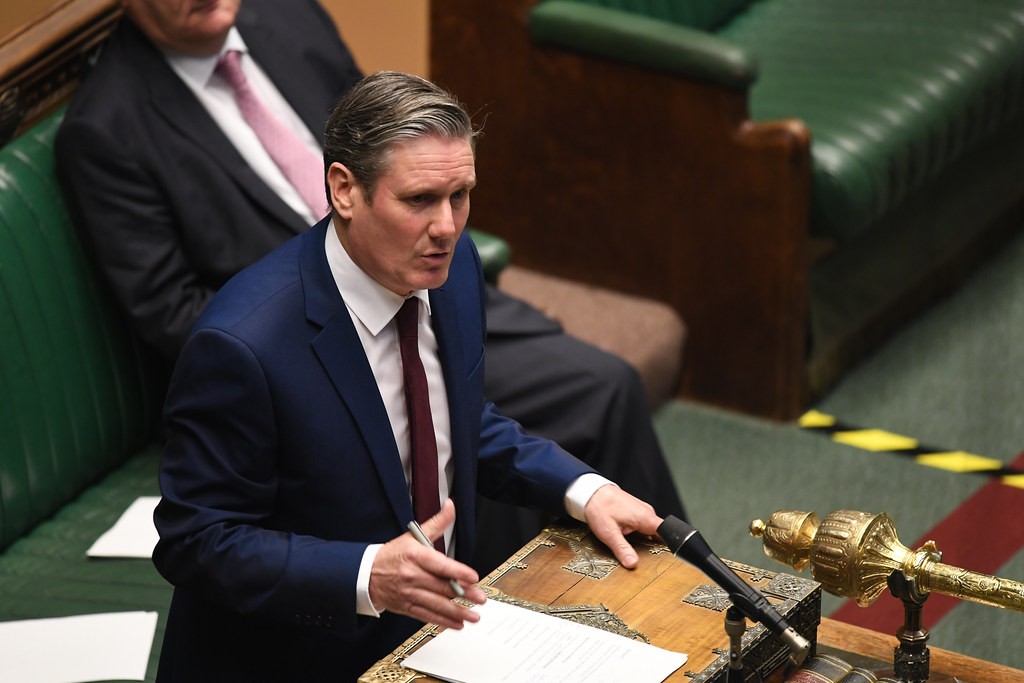It’s only Wednesday, and like everything else, PMQs is both worse than you remembered and not that bad. Following the tragic death of Sir David Amess, the tone of Parliament is a bit more contained than this would usually get from these sessions, though Prime Minister Boris Johnson obviously has no inclination for collegiate behaviour, collaboration or just about anything that demands a baseline level of human decency.
Labour leader Keir Starmer, either because of genuine belief that this is an issue that should be tackled (as a former Director of Public Prosecutions, Starmer will have experience watching how online extremism spills over into real life) or because of expedience (it’s fair to say the Prime Minister did not seem particularly pleasant as he started to bang up about how big and tough he was when the subject was still particularly sore) took the approach of asking questions about the government’s strategy on online harms.
It’s impossible not to feel like this comes from Keir Starmer’s relative inexperience in politics. There is, of course, nothing wrong with asking the Prime Minister about the details of his strategy. Online radicalization of all stripes is a serious issue, and though not all of it will lead to actual violence, it is not too much to ask that social media giants take some responsibility for the content they are allowing to be published. It is, however, more than a little questionable if this approach will bear fruit when the Prime Minister is so uninterested in scrutiny. Starmer’s performance is what PMQs in theory should be about, which is to get some accountability from the man in power. However, in the realms of what PMQs actually is for, not much of this performance escaped the usual frame of rigorous headmaster versus upbeat class clown. Some in the government benches might have thought that there was something undignified about the character of Boris Johnson, in the end they will be assuaged from their doubts when the results of the next election come in.
Watch out for: The Tories, never knowingly not opportunistic, have already a pretty effective dividing line on crime; we voted for the tough measures, they voted against it. Though this might seem counterintuitive, a tough on crime attitude is not the preserve of the Conservative party; indeed, Jeremy Corbyn’s best moment in the 2017 campaign was his capacity to flip the issue into a vulnerability for Theresa May. It is obvious that the Keir Starmer project does believe that they need to emphasize his anti-crime credentials (when I was director of public prosecutions I arrested terrorists is a common motif), but these get lost on Labour’s muddled message on just about every other issue. Johnson clearly thinks that this is a battle he can win, and he even found the time to criticise Manchester’s Andy Burnham on policing.
Also watch out for: Everyone having to do a Coronavirus test because Ian Blackford had an obvious sore throat
Did it provide entertainment or accountability: No Keir, it did not.
The Real Winner: You, the viewer at home, who did not watch PMQs


